I’d like to show you how to prepare for a Band 9 in IELTS speaking by sharing with you,
- how Band 9 students think
- what habits they have
- how they study for IELTS Speaking
How do I know how they prepare?
Well, I have been teaching English for over 10 years, and I have taught IELTS to over 15,000 students from over 20 different countries worldwide on my online courses, many having passed the exam with a band 7, 8 and even some 9s.
To write this article and make the video, I spoke to a number of those Band 8 and 9 students to find out their secrets to success.
Now, of course, everyone is different and I’m not telling you that all students do all these things. These are just common themes that I have gathered from chatting with successful students on how they did it.
Hopefully, these will help shape your mindset as you prepare for your Band 9 in IELTS speaking.
Enjoy!
Keith O'Hare
Table of Contents

Band 9 students know IELTS is not really about tips or tricks
Unlike students at lower levels, students at Band 9 in IELTS Speaking are not merely looking for tips or tricks that can get them that extra level up. No, Band 9 students realise that it’s about learning a language.
It’s not just about the exam.
Well, of course, you might still need a few tips and tricks to pass the exam, but it’s about developing a love for the language over a long period.
Band 9 students know that it’s about learning the English language. Now, learning a language takes a long time and they know that. They’re in it for the long haul.
Most of them grow to love the language and it stops being a task to complete. It becomes a passion—something they could benefit from in future.
Have patience
As I mentioned earlier, it takes a long time to learn a language, so you need patience.
As a beginner or at lower levels, you learn very quickly. The learning curve is steep. With a little effort, you will notice big improvements.
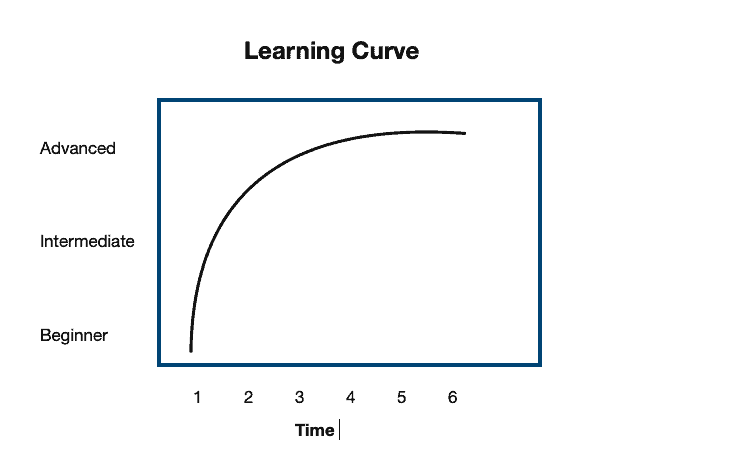
However, the better you get, the longer it takes to make improvements or see results. You have to put in a lot of effort and time for a little improvement.
So students who aim for a Band 9 in IELTS Speaking have to be patient because they are at an advanced level.
Speak in chunks
Now, what in the world does that mean?
A chunk, in this case, is a group of words.
Band 9 students don’t just focus on words. They understand the need to speak in chunks. That means that they need to be able to combine shorter and longer chunks as they speak, and it becomes a natural part of their speaking.
For example, instead of saying the following word by word
Most days I get up in the morning at around 7:00. I have breakfast. Then I catch the bus to work
Band 9 students can combine this to say,
Most days
I get up in the morning
at around seven
I have breakfast
and then I catch the bus to work.
These chunks are developed through practice and students preparing for a Band 9 in IELTS Speaking understand the need to practice this as much as they can.
One way they do it is by imitation. That can be listening to a native speaker on video or a podcast and just repeating the chunks as you hear them.
Some try to imitate not only the sound but the way they speak, the gestures and the mannerisms. So Band 9 students do that a lot.
Have an IELTS Speaking study plan
Plans were a common theme for those high-level students that I talked to. Most of them said that they make a conscious decision to invest time in studying.
They also have an organised way of study. They plan out what they’re going to do at a certain time each day. And it’s planned out at least for the time that they have decided to prepare for the IELTS speaking exam.
Check out these Study Plans for IELTS Speaking, I am sure there will be one that suits you!
Understand IELTS Speaking Evaluation
Band 9 students take the time to look at IELTS band descriptors to understand what they are evaluated on and where they need to focus. They don’t only rely on the teacher’s explanation.
They dig deeper to get a clear understanding of what’s expected of them. Most of them have taken at least one mock test with the teacher to help them identify their weaknesses and strengths and to know which areas to focus on so that they can move to the next level.
If you are interested in doing a Mock Test, you can get a 10% discount from TakeIELTS by using the code keith10.
Dedicate a lot of time to building vocabulary
As we can all agree, it takes a long time to attain fluency, pronunciation, and grammar. However, developing vocabulary is the one area you can probably make the biggest impact in the shortest time.
This emphasis on vocabulary, colocation and learning in context was popularised by the work of Michael Lewis in his lexical approach.
It is something I also discuss with Steve Kaufmann in our interview on achieving fluency in language learning.
So how does a Band 9 student develop their vocabulary?
Well, by reading and listening to a wide range of resources. That means watching different videos, listening to podcasts, as well as reading all kinds of books, magazines, and journals on all sorts of topics.
Students with a Band 9 in IELTS Speaking have a desire to read and listen widely. They also understand the need to learn words in context so they know how to use them.
One of the things I got from the Band 8 students is the importance of understanding the different connotations or nuances that a word can have. Two words can appear to be synonyms but they actually have slightly different meanings in context.

So for example, when a student came up to me several weeks ago and said,
Keith, it’s great, your videos are really notorious!
My reaction was, oh no, what’s happened?
He was confused, because he thought that was great as I was becoming famous.
I said,
Wait a minute. Do you mean famous or notorious?
And he said, ‘well, it’s the same.’
‘Ah’, I said, ‘no it’s not. Notorious has a very negative connotation. That’s when you’re famous for something bad that you’ve done.’
So you can see, different words have different connotations!
Understand that ‘seeing a word’ is not ‘knowing a word’
It’s one thing to see a word and to know the meaning, but that is not the same as being able to use it successfully.
Band 9 students understand the different stages you go through in learning vocabulary:
- You have to see it.
- You have to start using it.
- You have to make mistakes with it.
You have to be ready to make mistakes so you can learn how to use it properly.
Advanced level students will embrace mistakes and are happy to make lots of mistakes as a part of the learning process. They spend time practising with new words and substituting them in different contexts to build up their language.
Invest in your study to reach Band 9 in IELTS Speaking
Students wanting to reach a Band 9 in IELTS Speaking invest money in their study and not just time. They buy books and other resources such as dictionaries, books on collocations and idioms and other reference books.
They understand that learning the language is a lifetime investment that they’re going to benefit from in the future so it’s worth investing in.
Build flexibility
Now, the key to language learning is flexibility at an advanced level. One thing that Band 9 students do is they’ll ask a question multiple times but practice giving a different answer every time.
For example,
“Do you have any hobbies?”
You could answer this differently every time, like,
“Yes. I love cooking.”
Or,
“I really enjoy cooking at the weekends when I get some free time.”
Or,
“Yes. I’m a big fan of cooking.”
Another thing that Band 9 students do is that they practice making up stories. And they do that so that if in the test they are hit with a completely unknown topic, they are used to making up stories.
Band 9 students are good at noticing
The most successful learners are able to notice patterns in the language. They notice grammatical patterns, they notice vocabulary patterns, and they notice how language is used in different contexts.
This is a really important skill to build as it makes language learning easier.
Improve fluency by recording yourself
A lot of Band 8 and 9 students record themselves so that they listen back and notice points that they need to improve. This way they can improve on fluency, grammar, vocabulary use, and pronunciation.
And the reason this is so effective is you’re getting feedback directly instead of having someone else say it to you.
You also have time to listen and think. This means it can be easier to work on what you have heard directly than it is to act on external feedback; even from your teacher.

Be prepared to work on correcting pronunciation issues
We all have pronunciation problems in certain subjects because of our mother tongue influence. Well, advanced students have to work on their pronunciation to be able to pass the IELTS speaking test.
Students aiming for a Band 9 in IELTS Speaking will identify pronunciation problems and spend a lot of time ironing them out. They do that through a lot of practice, repetition, recording themselves and even doing a pronunciation course.
However, don’t be too hard on yourself. Your mother tongue accent will be there and that’s okay, so long as what you are saying can be understood. It is your good control of pronunciation features in English that matters.
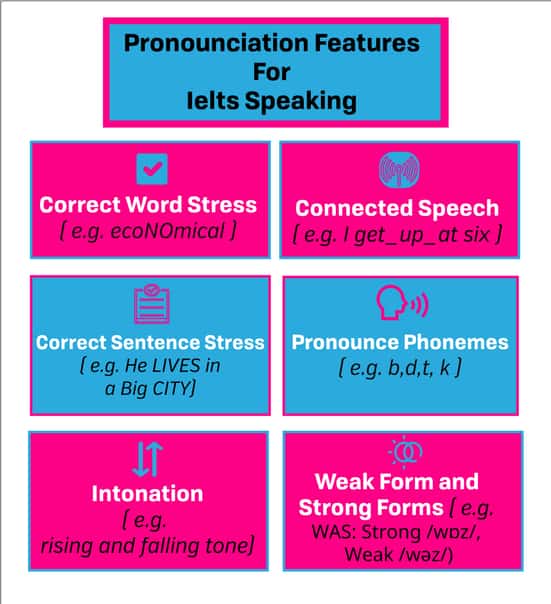
So these are the things that most successful IELTS speaking students do. Now, you don’t have to practice all of them. Again, everyone is different and we learn differently.
Hopefully, you can pick one or two things that you are going to put into practice as you aim for Band 9 in your IELTS speaking test.
Good luck!
Let me know in the comments below which tip or activity you find the most useful for you.

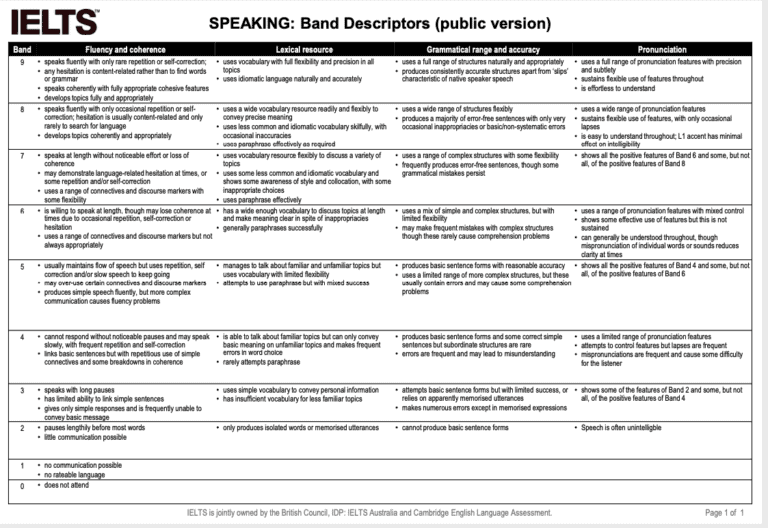
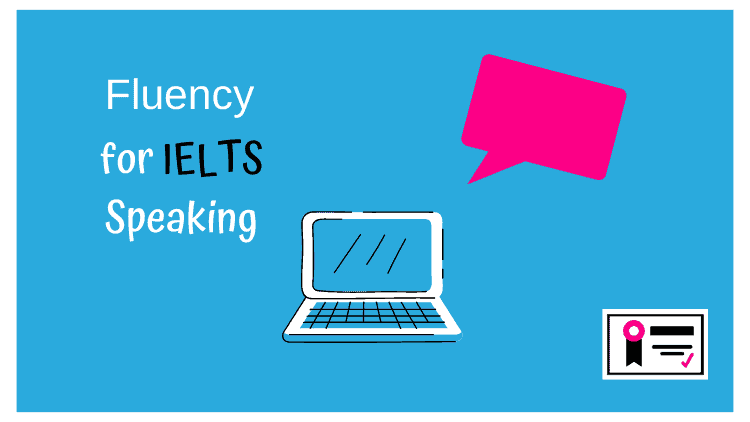
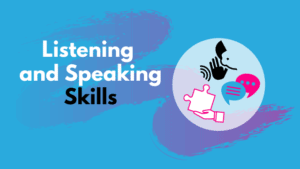



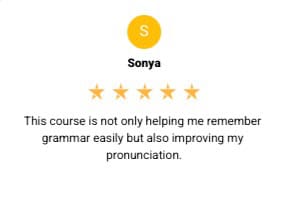
17 thoughts on “How to Prepare for an IELTS Speaking Band 9”
Hi Keith,
thanks for all efforts you’ve been through, actually I got 8.5 on the speaking test, I studied for 3 months based on your method.
I can’t thank you enough.
I’ve become a Golden member recently and one of those Keithians.
I’m wondering if is it possible to do an online interview with you.
Please keep me posted.
Hello Mr.Keith
Really great programme you have going on to engage us in effective English speaking. I’m following your channel on Youtube to help me self-train for my next try at IELTS, end of this year. The thing is, I took up the exam only a few months ago and my score was 8 in the Speaking component though it hasn’t fully convinced me yet. So I am going for a 9! Wish me some silver tongue to scratch the 9 😀
Cheers
Neha
Very best of luck Neha – I am sure you will do a great job! Go break a leg 😁
Hello Keith! with your lessons I’ve passed IELTS Academic with 7.5, so many thanks to you. I can’t find any materials about individual lessons- is there such an option to work individually with you? need IELTS General 8.5 at the moment..
Delighted to hear that Ekaterina – well done. I am afraid at the moment, no I am not doing any one-on-one teaching.
I think IELTS speaking test is more about talking about what you are comfortable with and you have enough vocabulary to expand on the thoughts. Rather than the truth, you must speak “correct English” 🙂
I followed this and scored 8.5 bands with CLB 10 🙂
Great advice Disha, thanks for sharing. It is important to make few mistakes, but actually that is best done by talking at a level you are comfortable with, as you say. I think continually working on improving your overall speaking ability is key. Congratulations on an amazing score!
Sir give me a starting point for preparation for IELTS
I suggest you do a mock test to find out your present level and where you are strong and weak. This is the first step.
hello…!
sir, I have a question.
can I get IELTS certificate without joining an academy?
You have to take the IELTS test to get a certificate.
You do not have to join an academy to take the IELTS test.
Hi Keith,
First of all, I appreciate your hard work and for spending time gathering all these valuable insights from the students all over.
Hands down, every English aspirant would get benefited from this thought-provoking, informative article, and for me, every tip was valuable.
I’m so happy to interact with you and to have you as my IELTS speaking tutor.
Thanks a million! Stay safe!
I am also pleased that you are now my student and that I can help you progress.😄
Hi Sir, I need your pdf notes ,they r very helpful..
The lessons that have PDF notes are here – https://keithspeakingacademy.com/ielts-speaking-free-live-lessons/
Respected sir , i am very week in english but i want to do ielts and have a good band score …how i improve my self ? 😔
Focus on improving your overall English level, before you think about IELTS. Maybe follow a course for 6 months to a year, to build up your level, and then when you are around intermediate level, you can start thinking about preparing for IELTS. Hope this helps.